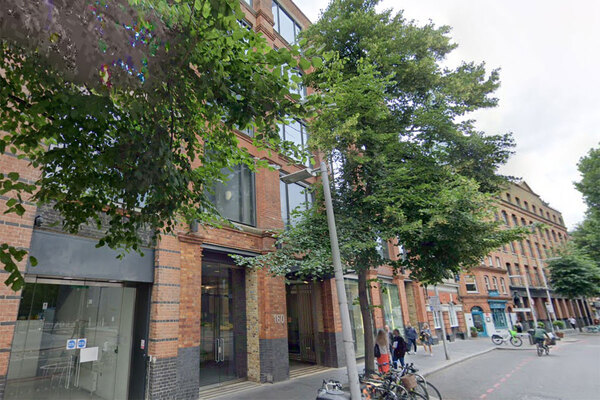
Jules Birch is an award-winning blogger who writes exclusive articles for Inside Housing
We do not have credible policies to meet net zero – particularly for housing
The government has impressive-sounding long-term targets on climate change, but a serious lack of credible plans to achieve them. This is particularly true for housing, writes Jules Birch
With just four months to go until the UN Climate Change Conference of the Parties (COP26) in Glasgow, the government is long on “historic” targets but woefully short on credible policies to implement them.
That was the verdict from the government’s own adviser last week in reports that identify housing as a key sector where action fails to match the lofty and legally binding target of achieving net zero carbon by 2050.
The Committee on Climate Change (CCC) said a “step change” is required, but it is hard to discern any comprehensive strategy in plans announced in the past 12 months and statements of ambition have been undermined by delays to essential legislation and plans to decarbonise buildings.
The Ministry of Housing, Communities and Local Government (MHCLG) is accused of falling short on ensuring that building standards are fit for purpose and properly enforced, and has overseen “almost none of the necessary progress in upgrading the building stock”.
Furthermore, the Planning Bill misses “the powerful opportunity to ensure that developments and infrastructure are compliant with net zero and appropriately resilient to climate change”.
Delivery rates on important retrofit measures have “continued to stagnate”. On the vital issue of how homes are heated, the number of heat pumps installed in new and existing homes rose from 33,000 in 2019 to 36,000 in 2020. The CCC said 900,000 installations a year are needed by 2028.
We are even falling short in new homes. Heat pumps were installed in just 5% of them in 2020, against a requirement for 20% by this year.
Issues like this require bold, urgent and co-ordinated action, yet the government’s flagship scheme for housing decarbonisation failed miserably.
The £2bn Green Homes Grant was announced in the chancellor’s Summer Statement in July last year, but reached only 10% of the planned 600,000 homes by the time it was cancelled in March this year.
This was the first such scheme since the Green Deal was ended in 2015, and the CCC said there are major lessons to be learned on public demand, timescales, the need for testing with installers, and procurement and accreditation.
Consultations on major changes are in the works that would have profound impacts on owner-occupiers, landlords and tenants.
These include requiring all properties with new tenants to have an energy performance certificate (EPC) rating of C by 2025, homes to have that rating for all tenancies by 2028 and the Social Housing White Paper’s promise of a review of whether the Decent Homes Standard should be updated to support decarbonisation.
“If progress is painfully slow on action to reduce emissions from housing, then failures are equally evident on adapting to the effects of climate change, such as flooding and overheating”
On new homes, an interim standards uplift applies from this year and MHCLG is poised to legislate in 2024 for the Future Homes Standard to apply from 2025. This will require carbon savings of 75% compared with today.
That sounds like significant progress, but perhaps not so much if you remember that plans for all new homes to be zero carbon by 2016 were unceremoniously cancelled as the Conservative-Lib Dem coalition morphed from the “greenest government ever” to getting rid of the “green crap”.
If progress is painfully slow on action to reduce emissions from housing, then failures are equally evident on adapting to the effects of climate change, such as flooding and overheating.
The CCC estimated that, in the five years since its last assessment (by unhappy coincidence) in 2016, more than 570,000 new homes have been built that are not resilient to future high temperatures.
COP26 is widely seen as the world’s last chance to cut emissions, reduce the rate of global warming and avert climate catastrophe.
The UK government will take the chair with some fine rhetoric on climate change behind it. But unless it matches that with meaningful policies to put those words into action, the results will be so much hot air – in many cases, literally.
Jules Birch, columnist, Inside Housing
Sign up for our asset management newsletter
Already have an account? Click here to manage your newsletters














